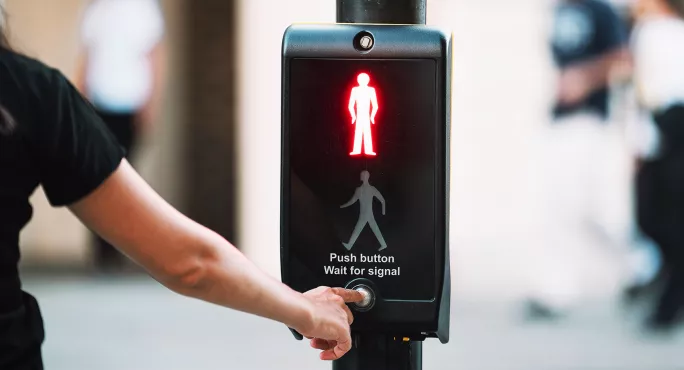- Home
- Teaching & Learning
- General
- Safeguarding: are your male students caught in ‘the manosphere’?
Safeguarding: are your male students caught in ‘the manosphere’?

You’ve probably heard of Andrew Tate and his dangerous rhetoric, but he is, unfortunately, the tip of a very murky and dangerous iceberg.
Tate is part of what is known as “the manosphere”. This is an interconnected network of websites and social groups. Each has their own identity and ideals, but they all share common ground, promoting masculinity and misogyny and violently opposing the advancement of women’s rights and feminism. They often overlap with alt-right groups and white supremacists.
The groups that make up the manosphere are, for the most part, relatively unknown in wider society, but they are worryingly popular, and increasingly so.
Here are some of the major players to be aware of:
Incels
Incels are the most high-profile group within the manosphere. The term means “involuntary celibate” and originally came from a website created by a Canadian woman called Alana, offering a supportive forum for lonely people.
Over the years the term has morphed into something much more insidious: it has been taken over by men who express anger about not being able to find a partner.
The term really gained traction when it moved to Reddit: the group “r/incels” had more than 40,000 members before it was banned in 2017, after many discussed their fantasies of raping and killing women.
- How to respond to boys inspired by Andrew Tate
- How boys are being led to misogyny - and what to do about it
- Why tackling misogyny starts with our curriculum
Incels believe that society is stacked against them and that women hold all the power. The only way to change things, they say, is to change society.
Sadly, a number of incels have attempted just that through violent means, including “incel hero” Elliot Rodger, who killed six people in California in 2014, and Jake Davison, who killed five people in Plymouth in 2021. Both had engaged with incel communities and posted about their bitterness towards women.
Men’s rights activists
These men believe that they are being oppressed in society as a result of feminism. They commonly argue that society isn’t patriarchal because men make up the majority of the homeless community and the prison population and are more likely to die in the armed forces, and so on, so men cannot be considered to be “on top”.
MRAs are particularly popular on TikTok, where young men are often flooded with this group’s seemingly plausible arguments, backed by (misused) data. Sadly, many of these young people don’t critically assess what they see and absorb the warped message at face value.
Tradwives
This is part of the rise of religious conservatism within the manosphere. The tradwife trend involves women on social media, particularly TikTok, showcasing their lives of devotion to their husband, often dressed in 1950s-style “conservative” wear.
Isabella Moody, for example, is an influencer who has more than 140,000 followers on X/Twitter. In one video with her husband, she spoke about how women need to have a misogynistic partner. She said she used to be “a bitch” and dominate relationships, which should never happen, but now her husband is teaching her how to be a “good wife”.
Being a stay-at-home mum is not an issue, of course, but the rhetoric around home being “a woman’s place”, where they are little more than baby makers, is deeply problematic.
How to help
So how can you deal with this in schools? Being vigilant and aware of the talking points, or indicators that students are consuming this kind of content, is key. References to alpha/beta/sigma classifications of men can be an indicator, along with general statements around high/low-value men/women and traditional gender roles.
The most important thing is to call in, not call out. Getting all the boys into assembly and telling them how awful these views are and how they need to change isn’t going to solve anything. This plays into the “everyone is out to get us” mentality.
Instead, we need to listen to those boys to try to understand why these messages are so alluring. We then need to present the other side of the argument, giving them the information they need to form their own opinions. We have to understand a problem before we can fix it.
We need to give our students a safe space to discuss these issues. Many boys are being told that there is a “war on masculinity” in which it is wrong to be masculine. We have to help them understand that most of the fighting in that “war” is coming from the side that claims to be defending them.
Thomas Michael is a safeguarding lead
For the latest research, pedagogy and classroom advice, sign up for our weekly Teaching Essentials newsletter

You need a Tes subscription to read this article
Subscribe now to read this article and get other subscriber-only content:
- Unlimited access to all Tes magazine content
- Exclusive subscriber-only stories
- Award-winning email newsletters
Already a subscriber? Log in
You need a subscription to read this article
Subscribe now to read this article and get other subscriber-only content, including:
- Unlimited access to all Tes magazine content
- Exclusive subscriber-only stories
- Award-winning email newsletters
topics in this article



